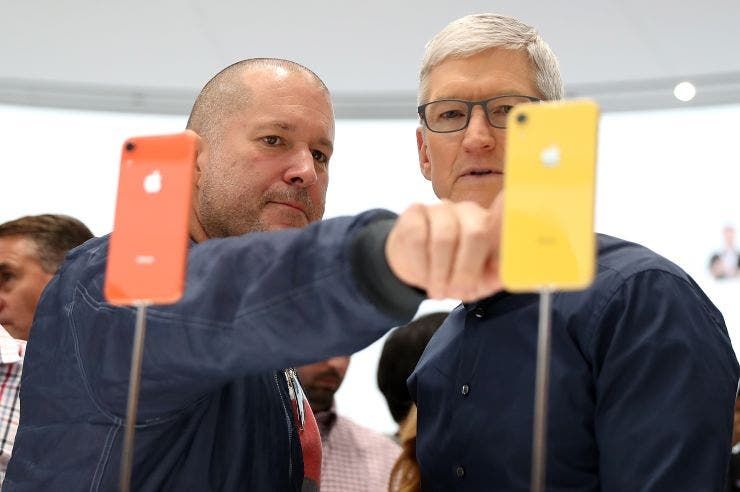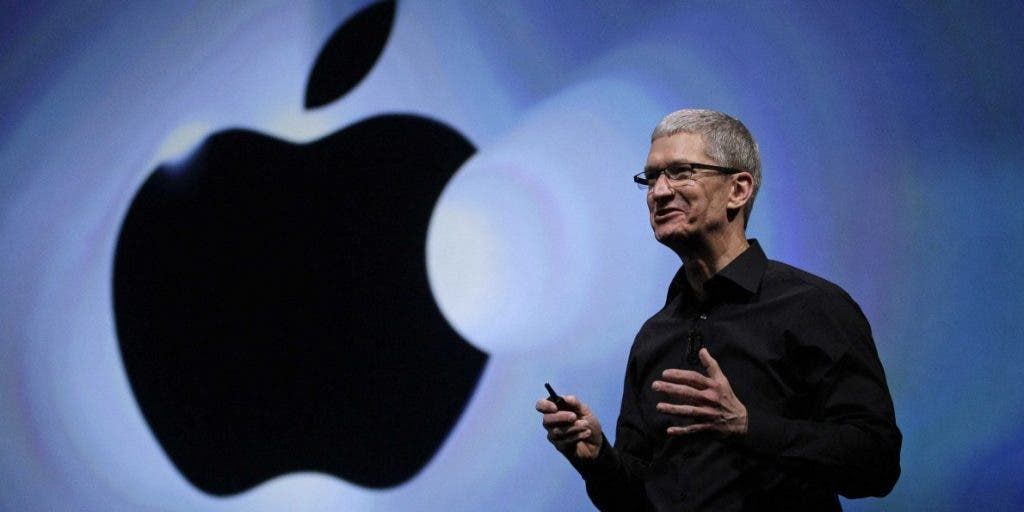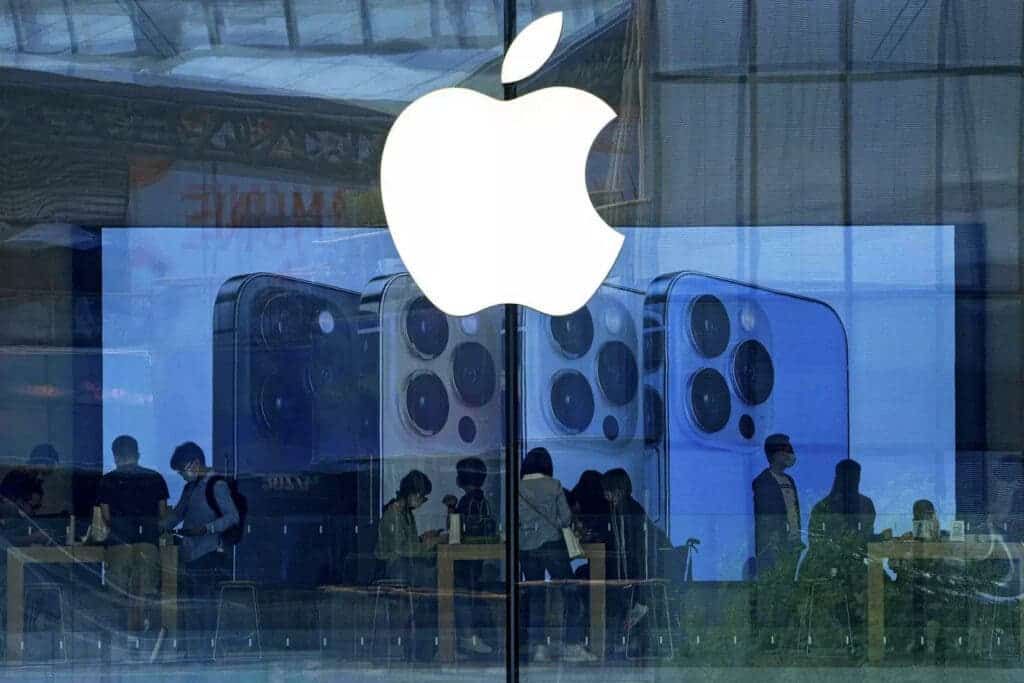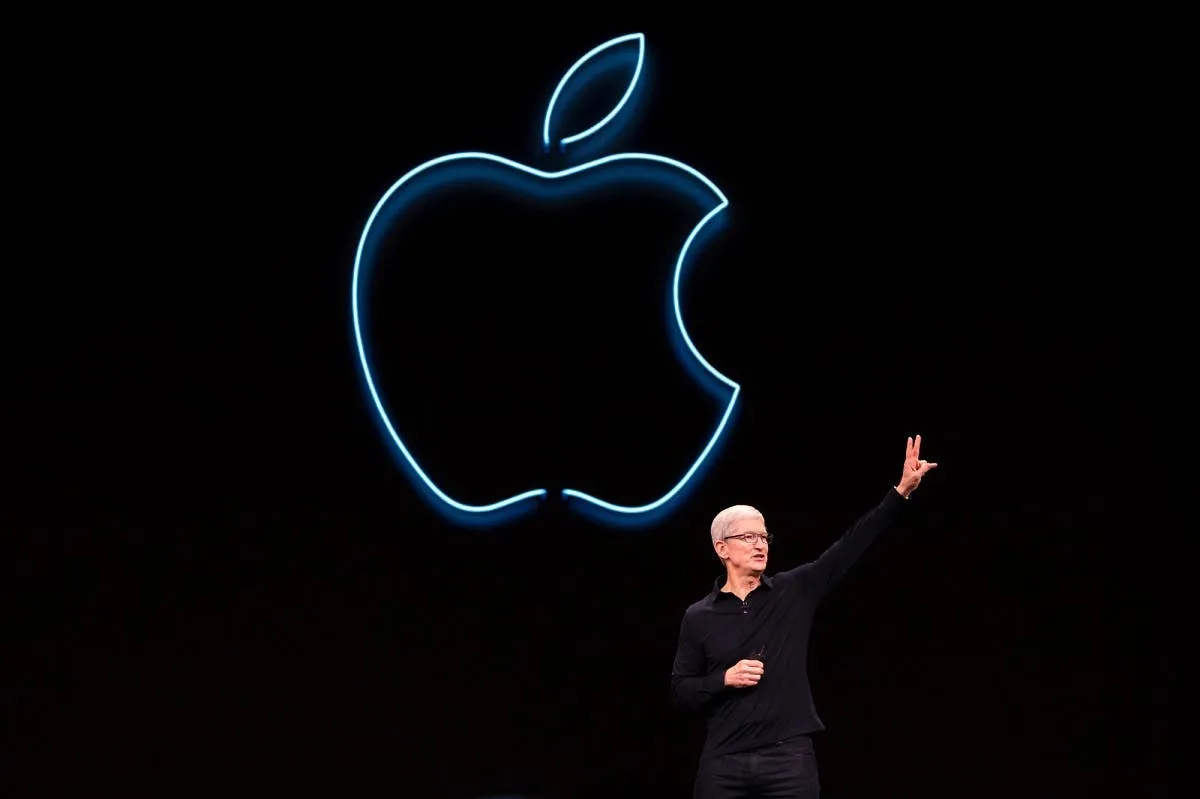Most large brands in the tech space claim to protect the privacy of their users. However, we have seen deliberate abuse of user data again and again from these companies. Apple has a very good reputation for privacy protection. Nevertheless, this does not mean that Apple really cares about user privacy. In the "Data-Driven Thinking" column, Uriah Av-Ron, founder of Oasis PR and a veteran media expert with nearly 20 years of experience, expresses these views.

Sometime in 2018, Apple's CEO, Tim Cook said...“The truth is, we could make a ton of money if we monetized our customer—if our customer was our product. We’ve elected not to do that...We’ve never believed that these detailed profiles of people, that have incredibly deep personal information that is patched together from several sources, should exist”. He further adds that such user info can “can be abused against our democracy and abused by advertisers as well.”
Well, is Apple still keeping to these tenets? We can not be so certain about that. In order to make Apple Search Ads more accurate for users, Apple will use the user's Apple ID account and other info for ads in 2022. The data used by Apple include the historical info of users' deals on the App Store. It will also use the apps and games downloaded by users, and the payment history of users on in-app purchases, etc.
Could this be Apple monetizing users' data
Apple and double standards
Of course, if Apple makes money out of the data that users submit, then it is monetizing the data. At the moment, Apple clamps down on any brand that attempts to make money off its users. Now, the company is doing the same thing that it prevents others from doing thereby forming a monopoly. Apple's devices come with a special feature, AppTrackingTransparency (ATT). This feature enables the company to shut out other brands that attempt to use its user data. The feature allows Apple devices to be exclusively first-party thus the company is the only one that can use it.

In the description of how the data will be used for ads, Apple's description and third-party description are different. For Apple, it simply describes the collection and use of user data as "personalization". However, when third-party ads attempt to get user consent prompt for Apple Search Ads, Apple ensures that the app describes how it will track users. The third-party app will describe how it will “track you across apps and websites owned by other companies”. Of course, we all know that users will easily allow Apple but reject other apps thinking that what they need is different. But in fact, they both collect the same data.
Just four years ago, collecting users' data for monetary purposes was so wrong. What happened within these four years? What changed? Considering how Apple shut out others but wants to use the same data, the company has been described as "hypocritical". This also suggests that Apple doesn't really care about user data. It only cares if it does not need the money that the data can generate.
Huge brands need user data
Over the past few years, there have been several cases involving privacy issues. These cases usually involve big brands like Apple, Google, Meta, Snapchat and so on. But the end of Apple's Identifier for Advertisers (IDFA) has bigger implications for other parties in the digital advertising ecosystem.

While user privacy is very good, precise targeting is also important. This is the view of Boston University professor, Garrett Johnson. Regarding the Federal Trade Commission's (FTC) draft on commercial surveillance and data security, Johnson argues that advertisers and even consumers need precise ads. He claims that the ad value for advertisers increases massively when there is cross-site/application identification.
In a large-scale experiment on “Precise Targeting to Optimize Ad Conversion Rate”, Facebook shows that without the use of precise targeting, the cost of customer acquisition will increase by 37%. However, this will hurt small-scale as well as medium-scale businesses. Johnson believes that news sites, content creators and publishers do not have much money to make if they do not use third-party precise targeting and cookies. A recent research by Google also supports this claim saying that without cookies, ads prices will drop by as much as 52%.
Nevertheless, in event that the specific target ads do not work, the consumer will still be at the receiving end. This is because as a user, you will want to see things that interest you. People often get angry about random ads that they have absolutely no interest in. Thus, as users, we really want to see these targeted ads if we must see ads. However, users are very sceptical about the "hands" that handle their data.

Conclusion
It is quite a surprise that Apple is now on the verge of using privacy as a source of growing its revenue. The iPhones and iPad are already bringing in very high revenues for Apple. Comparing these figures to those expected from ads, the latter is very small. Irrespective of the company and no matter how large the company is, its ad business will rely on user data. Thus, there are a couple of things that Apple needs to come out clean about. It needs to be clear and direct about what it intends to do with users' data this year. Also, the company needs to establish a level playing field for all players. What is good for Apple is also good for third-party app owners.






Place comments
0 Comments
You are currently seeing only the comments you are notified about, if you want to see all comments from this post, click the button below.
Show all comments